CHINA’S ANGUISHED DEBATE: DO ITS CHILDREN HAVE A CRIME PROBLEM? (2024)
CHINA HAS BEEN CONSIDERED RELATIVELY PROGRESSIVE ON JUVENILE JUSTICE. BUT SEVERAL HIGH-PROFILE KILLINGS HAVE PROMPTED CALLS FOR THE LAW TO COME DOWN MORE HARSHLY ON MINORS.


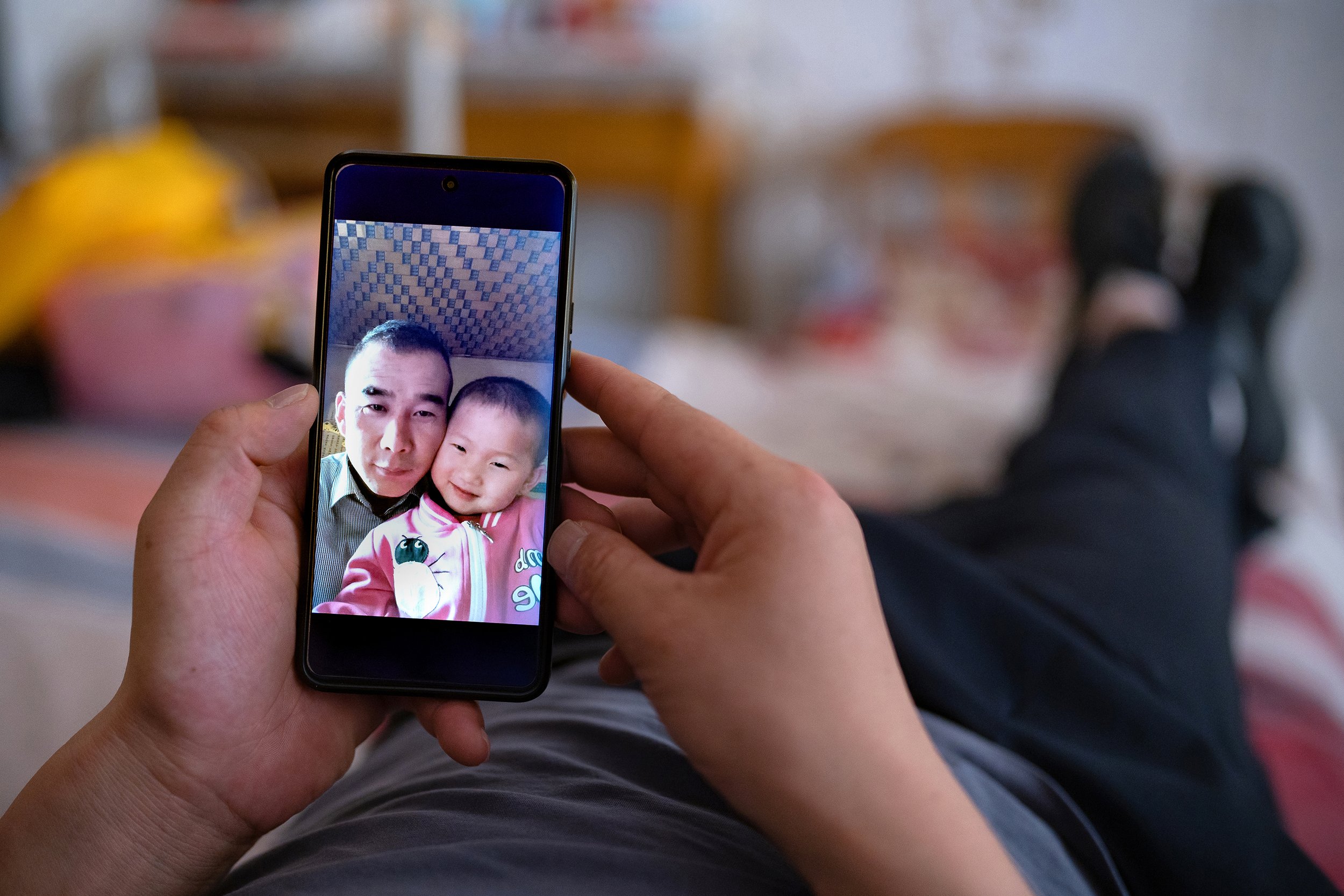
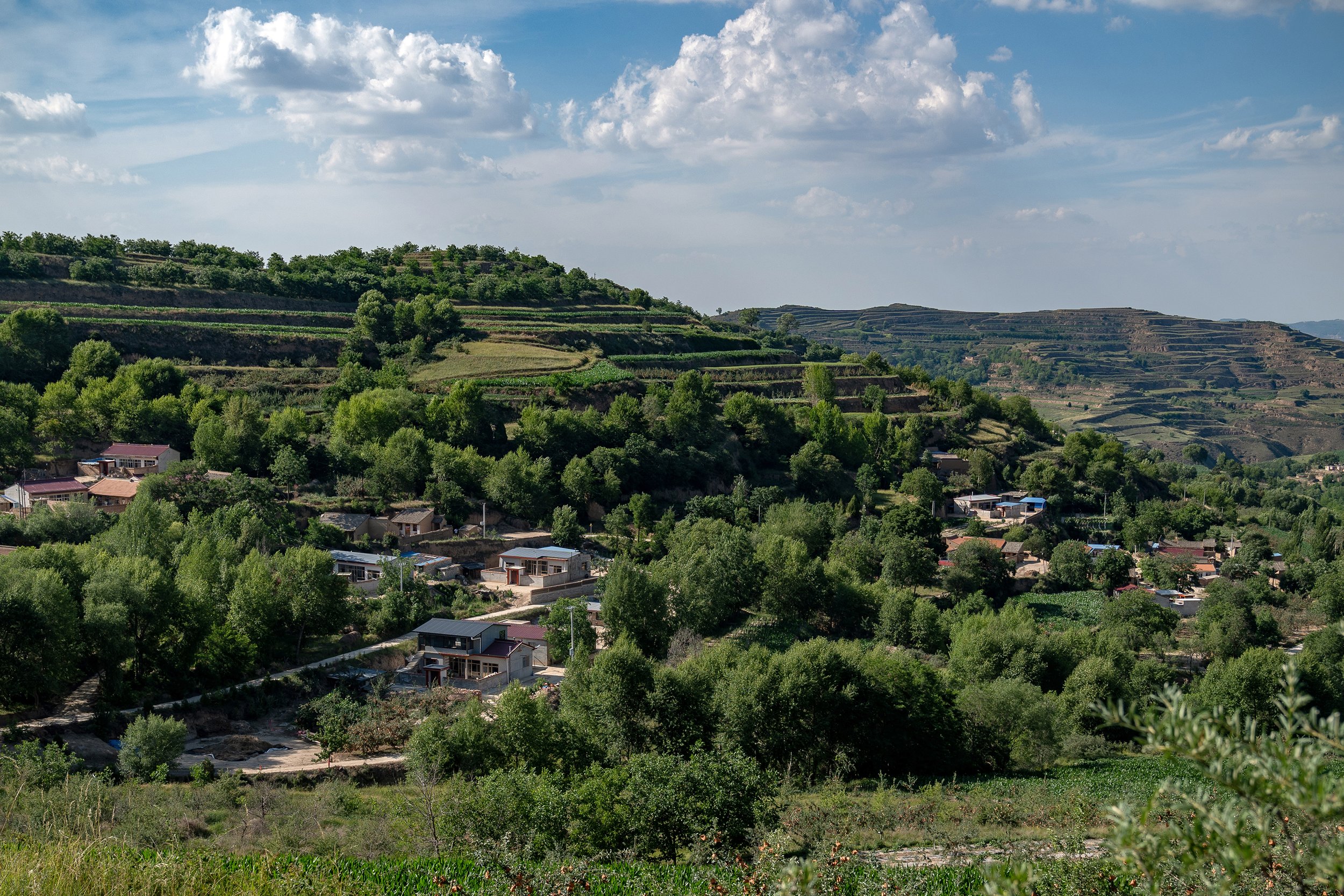
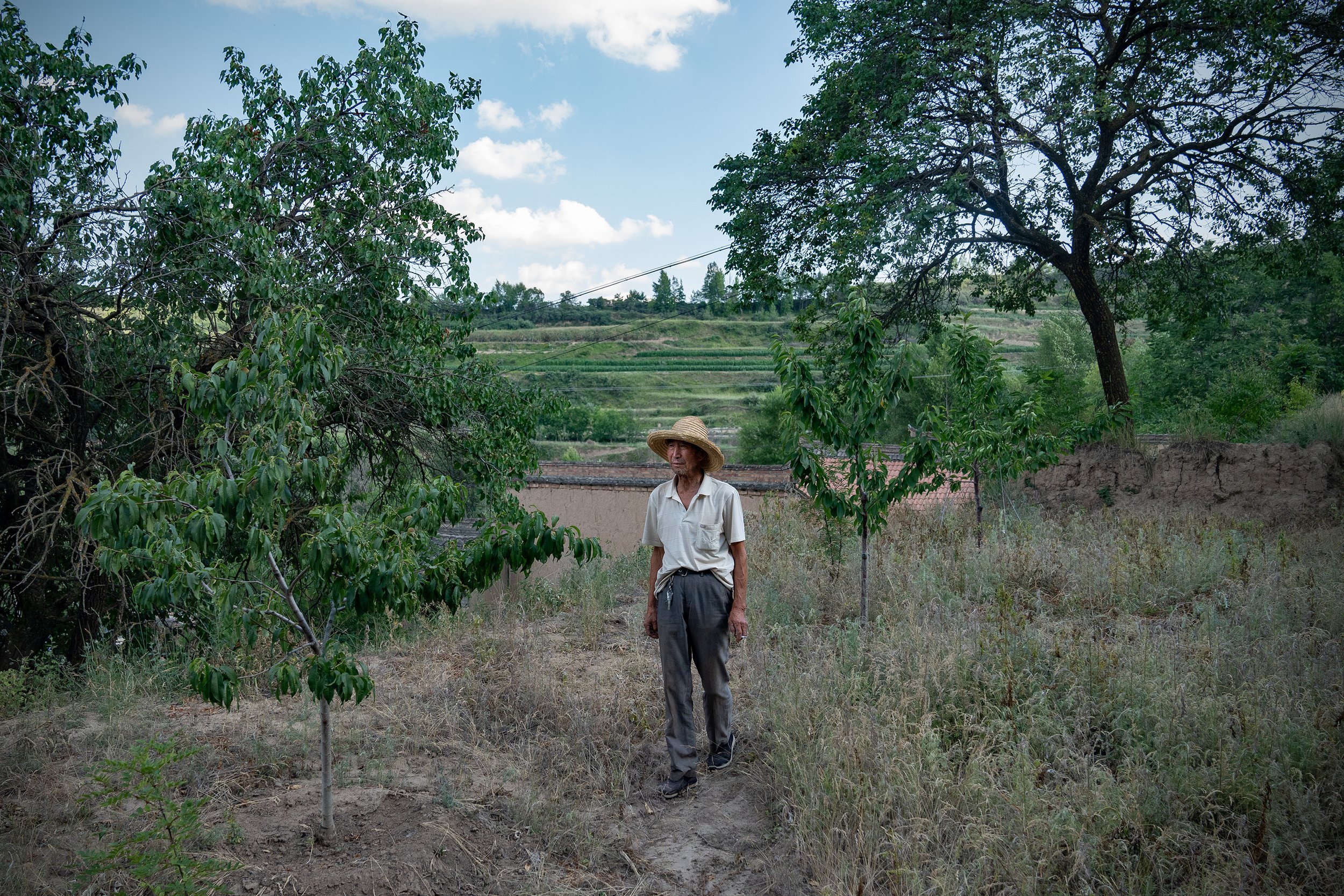
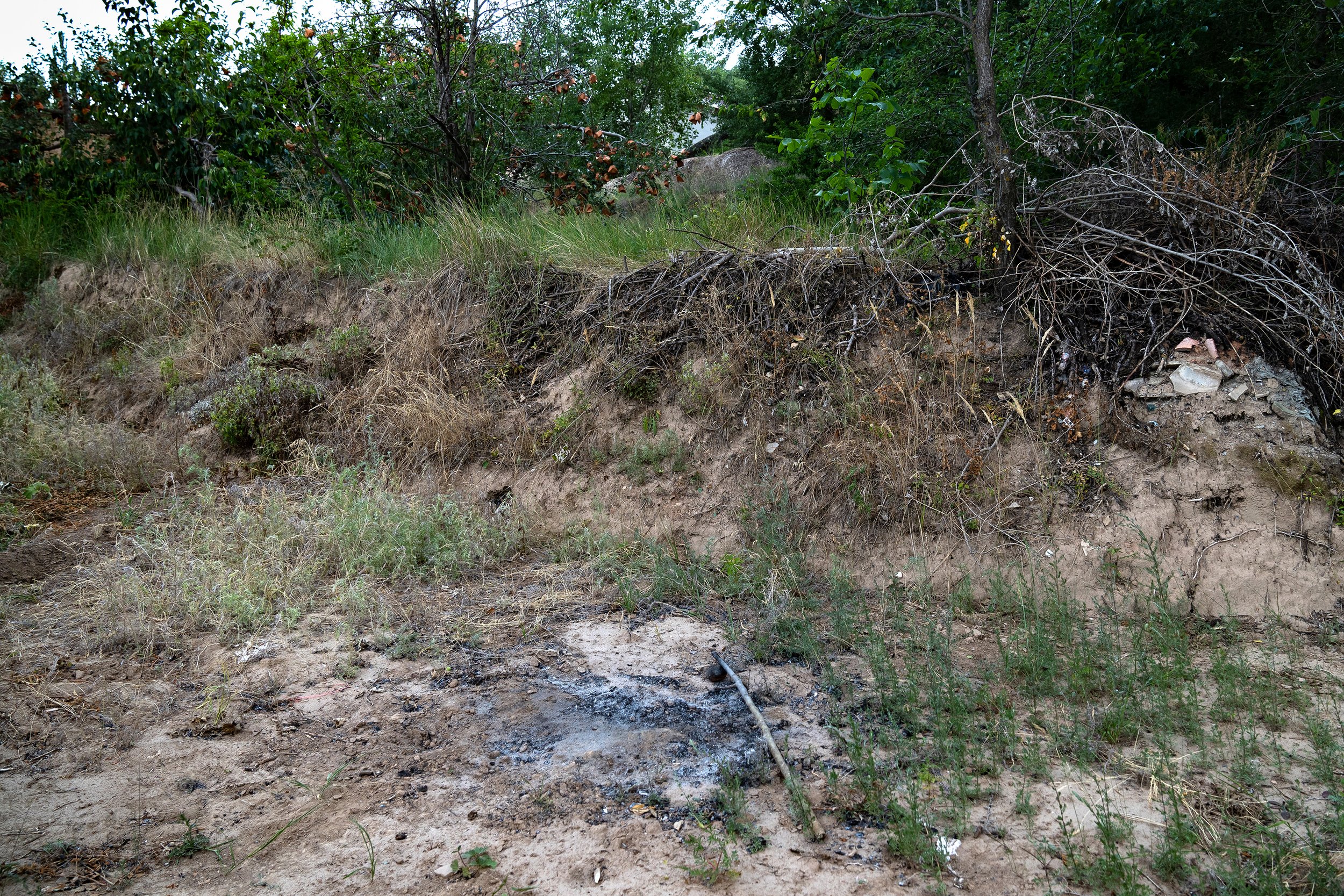
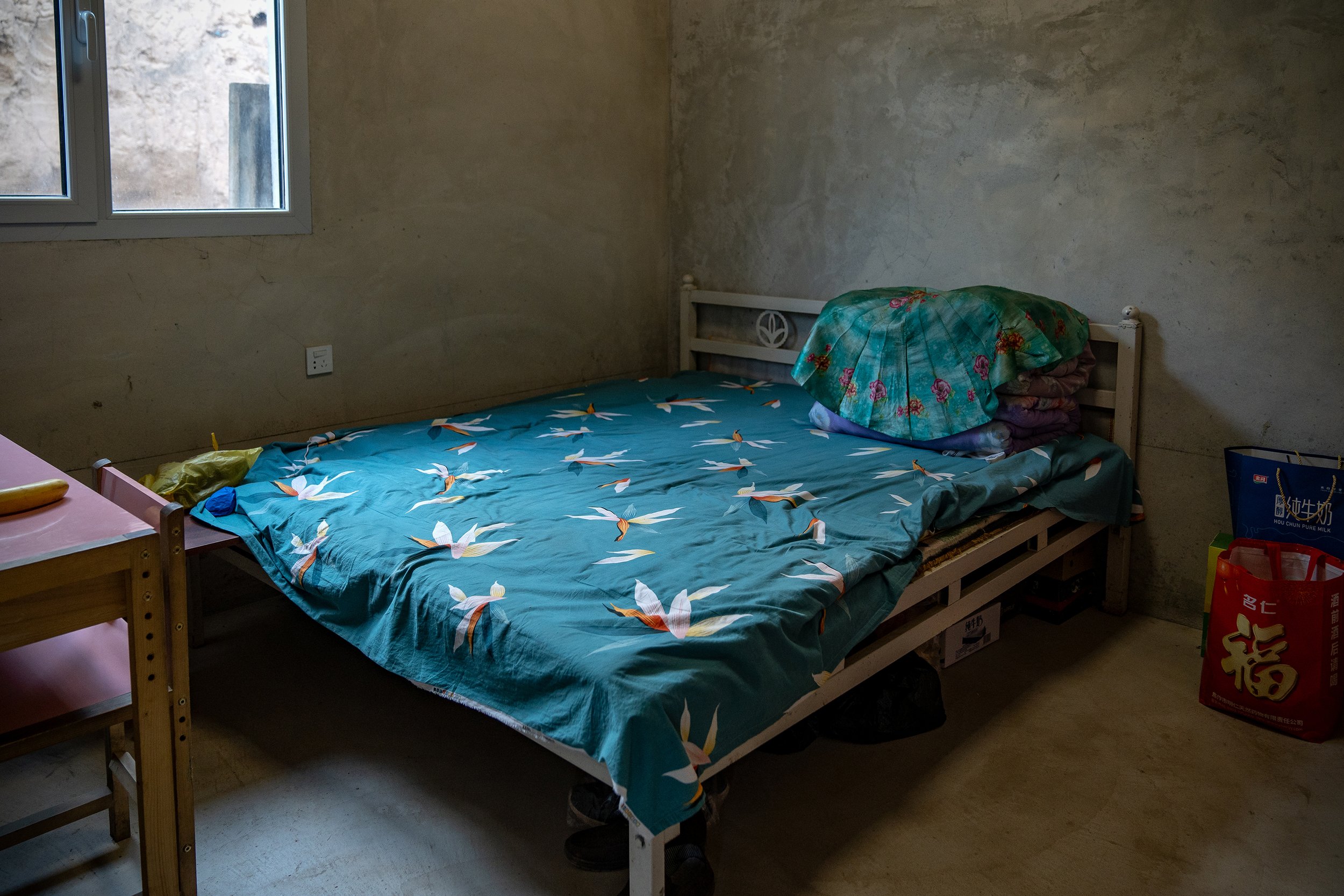
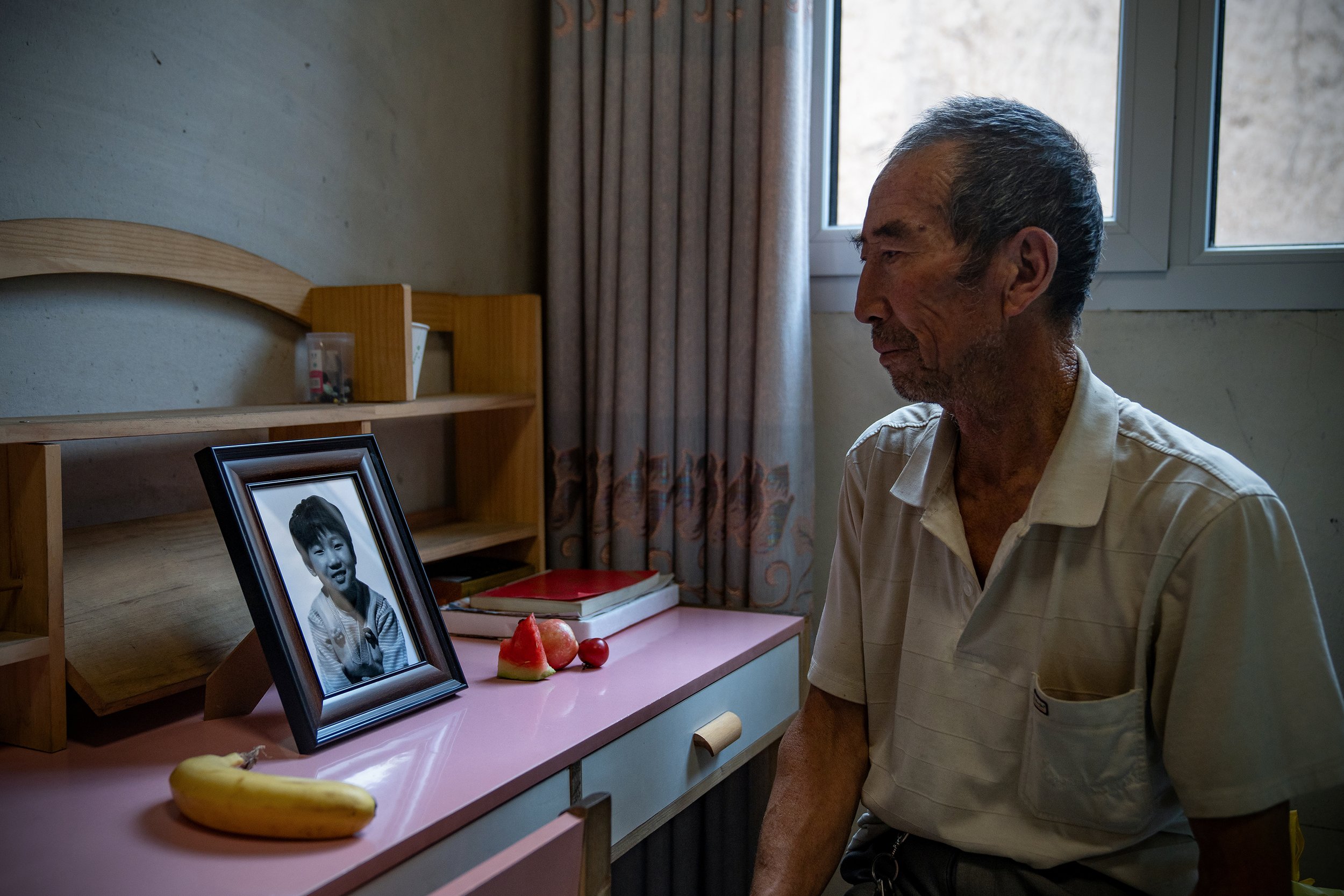
For nearly two years, Gong Junli has been waiting. Since his 8-year-old daughter, Xinyue, was stabbed multiple times and her body left in a grove of poplar trees in northwestern China, he has imagined her killer finally being brought to justice. But defining justice is complicated when the accused is also a child.
The boy who the police say killed Xinyue was 13 years old at the time. As his trials opens, it will try to answer a question gripping Chinese society: How should China deal with young children accused of heinous crimes?
Recently, high-profile killings allegedly committed by children have made the Chinese public question the country’s overly lenient approach to juvenile justice, that stands in stark contrast to the limited rights of adult criminal defendants. At the same time, some people pointed to factors that may have pushed children toward crime, such as parental neglect or poverty, especially in rural areas. "Left-behind children”, those left at home, often with their grandparents, as their parents migrate towards the big cities for better job opportunities: a price of economic progress.
Mr. Gong said Xinyue was a sweet-tempered child who loved the cartoon “Paw Patrol” and eating mangoes and strawberries. One day, in late September 2022, her grandparents were watching her while Mr. Gong, a single father who worked in construction, was on a site more than 100 miles away. That afternoon, Mr. Gong’s father called to say that Xinyue was missing. Mr. Gong raced back to their village, a poor community of about 40 households nestled amid terraced corn and potato fields in Gansu Province. By the time he arrived, Xinyue’s body had been found. The police arrested a 13-year-old neighbor. After the boy’s arrest, Mr. Gong expected a quick resolution. But for over a year, prosecutors did not charge the boy. Mr. Gong also expected a death sentence, given the wide range of crimes that carry that penalty in China. Upon learning that the law prohibited the execution of minors, he was outraged. The law claimed to protect minors, he said. But “has the child we lost been protected?” Since then Mr Gong, has been staying near home, working spare jobs while waiting for the trial.
Xinyue was buried in the grove where she died. Mr. Gong cut down the poplars and planted cherry and peach trees in their place. He imagined Xinyue being reborn and eating from them.
(This text a shortened and slightly edited version of the article written by Vivian Wang, published on The New York Times on June 26, 2024)